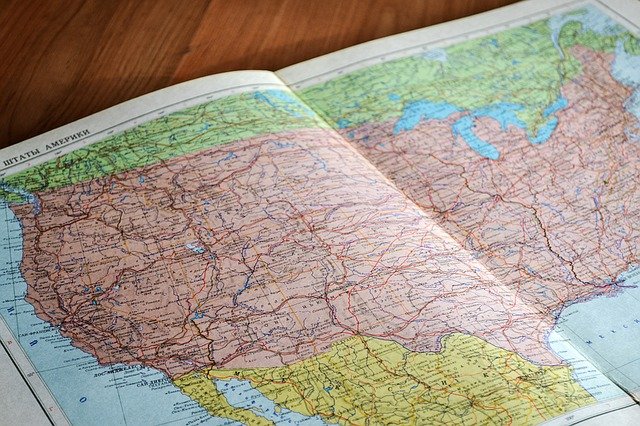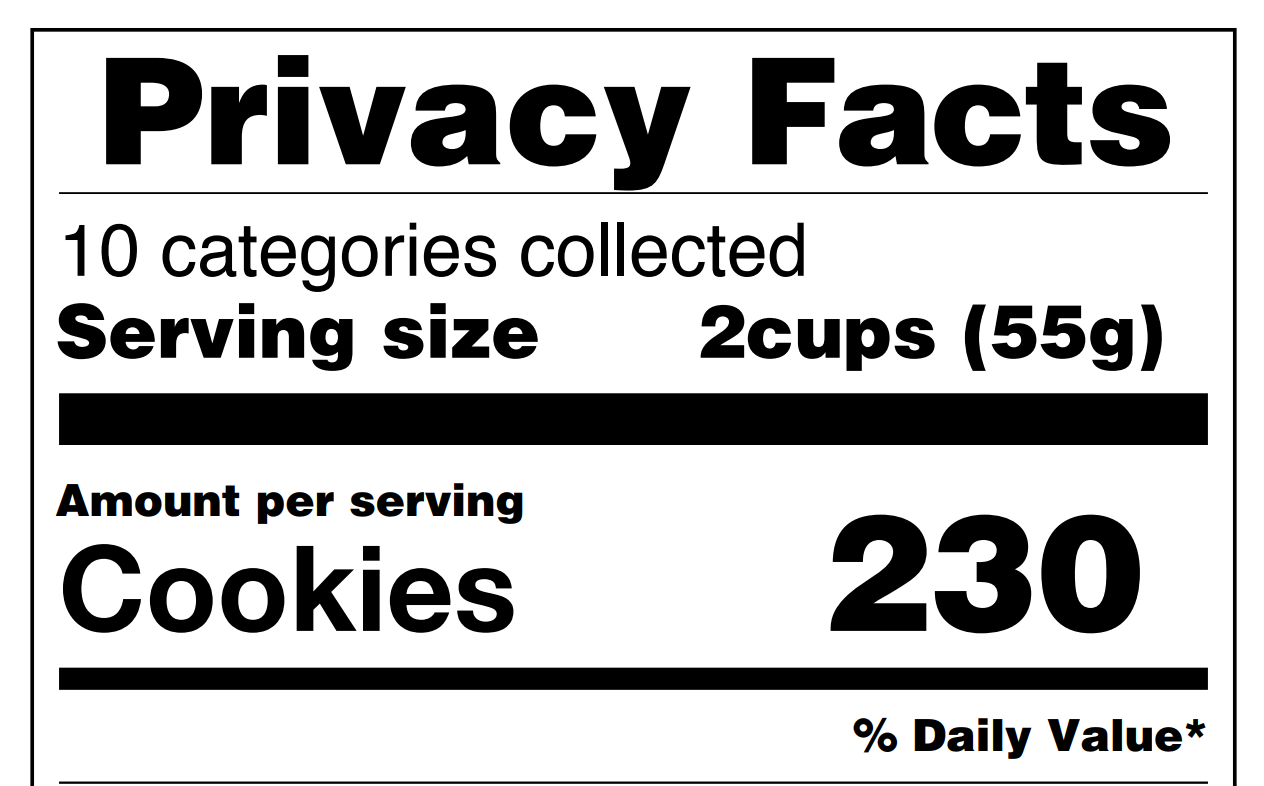If you own a business that demands you to understand what data privacy is and how it affects you, then now is the time for you to get informed. It has much to do with maintaining an acceptable level of trust between organizations and clients. Data privacy compliance has a framework involving a set of guidelines that require business institutions to integrate into their security system as per several state and federal laws on varying levels.
What Is Data Privacy?
Data privacy is a general concept that governs the handling, storage, access, and preservation of sensitive information or data. It is also referred to as information security or information control.
In technical terms, it is a system designed to govern the handling, processing, distribution, safety management, and ownership of valuable digital information. This information may include personal details, such as credit card numbers, financial transaction details, and other facts accessible through digital systems that privately belong to individuals or organizations.
Data safety protocols and processes are imposed by the privacy protection laws in different countries. These laws ensure the legality of the use of sensitive personal information and provide guidelines for proper handling, storage, and transmission of such information. This ensures that the benefits derived from the various programs implemented by the organizations are legit and are not being abused to serve selfish ends. The process of implementation varies from each country or region and thus, different laws are governing data privacy issues in different parts of the world.
Data Security
Data security is the practice of protecting data and maintaining the privacy of information, which obligates an organization to secure data at its source or to ensure the privacy of data in transit and throughout its lifecycle. This practice protects confidential information whether it is transmitted over the internet or through private networks. It also governs how organizations can safeguard corporate assets against corruption and unauthorized access. These have become more important with the growth of sophisticated data encryption technologies, which have made the transmission of sensitive corporate information more secure.
There are certain conditions recognized by countries across the world and are enforced by each government. They include the responsibilities of service providers to take reasonable measures to ensure the confidentiality of communications and related data, protection against data leaks and interference, and protection against the abuse of personal information. Aside from these, several laws address the rights of businesses to protect their clients’ private information. These include the right to secure network systems, secure the confidentiality of information, and providing clients with the right to access and see the documents that have been sent to them.
Data Compliance
Data compliance ensures the correct practice of data privacy along with legal and governmental regulations. If organizations are not complying with the regulations stated by the federal or state government, then they are going to find themselves out of compliance, and the clients, customers, and employees might also be bound to some legal stipulations.
Companies that fail to comply with the legal conditions of data privacy may be sanctioned, which may include fines or other penalties. There are many legal defenses available to business owners who are accused of not being able to guarantee the confidentiality of their data. For example, a business owner may use a server that is situated abroad to facilitate trade for his company. Similarly, a person who has concerns about how a product or service obtained by purchasing online could use data protection tools and safeguard his privacy.
Businesses need to stay abreast of any changes to data protection laws and the only way for a business to satisfy data compliance is to adhere to the latest privacy law of a particular state.
Why Is Data Privacy Important?
For starters, data privacy equips an organization to responsibly handle and protect the information of an entity or individual. Therefore, it implies the accountability of the responsible party, whether the organization, government, or a private entity, to protect any information that may be related to all transactions from unauthorized use, mishandling, and/or disclosure.
How Does One Understand and Appreciate The Need For Privacy?
A company’s data privacy can be interpreted as the confidence towards the organization in communicating sensitive data or information to its customers and partners. As such, companies that want to be considered most trustworthy will have to be reliable enough and have the integrity to follow data privacy protocols. This way, consumers can be reassured that their data is taken care of while they are using the company’s services. Secondly, data privacy also has to do with keeping suppliers and other business operations well within the law by ensuring compliance with regulatory requirements.
Data Privacy For Businesses and Organizations
A business or organization must establish certain rules governing the use of private data for marketing, product research, customer contact, and evaluation, etc. For instance, when these valuable data are stored in company computer systems, the company and its employees are bound to respect the privacy set by data protection laws and make it impossible for anyone to commit unethical and illegal breaches.
Whether you are a business or a consumer, how do you ensure your data is protected?
You can guarantee security for your data through a security program installed into the organization’s computer and network system. There are many companies providing data security services to keep private information private and safe and ensure that the protocols follow state or federal laws. An organization’s IT department should be able to maintain the data privacy protocols regularly. This will keep the system running as smoothly as possible without the constant imminent threat of a data breach.
Summary
Data privacy compliance is highly necessary for organizations to avoid breaking the law or risking their businesses and their clients’ personal information. Users are advised to follow basic personal data protection like using passwords whenever they transfer personal information online and use safety protocols when using public networks. It is up to the user to implement data privacy into the system and follow professional data security advice.
Find out which privacy laws impact your business. Metaverse Law specializes in privacy, data protection, and cybersecurity law to assist startups and multinationals across the country in the high-tech, digital marketing, healthcare, and e-commerce industries with their privacy and data security obligations. Visit us here today to learn more!








